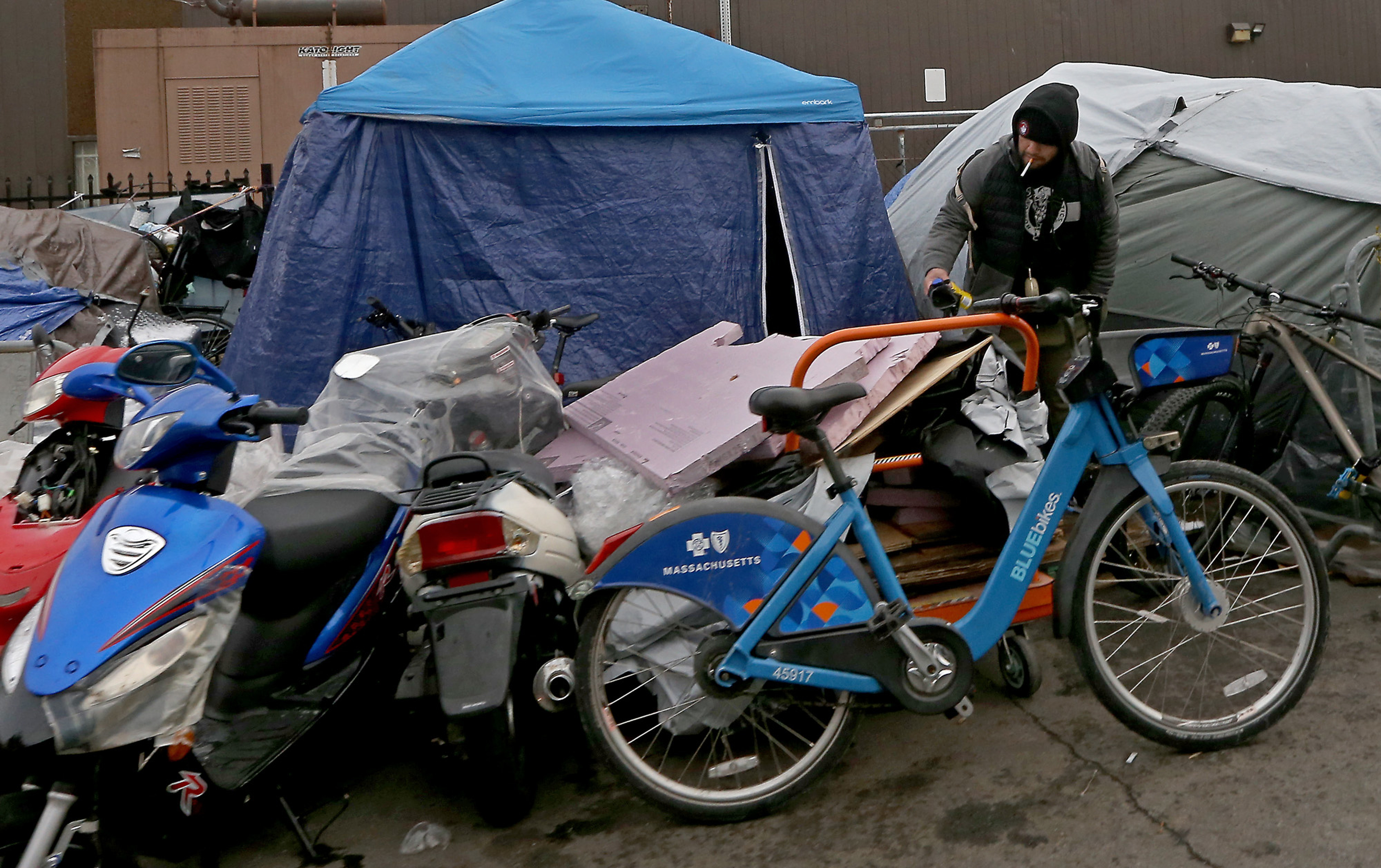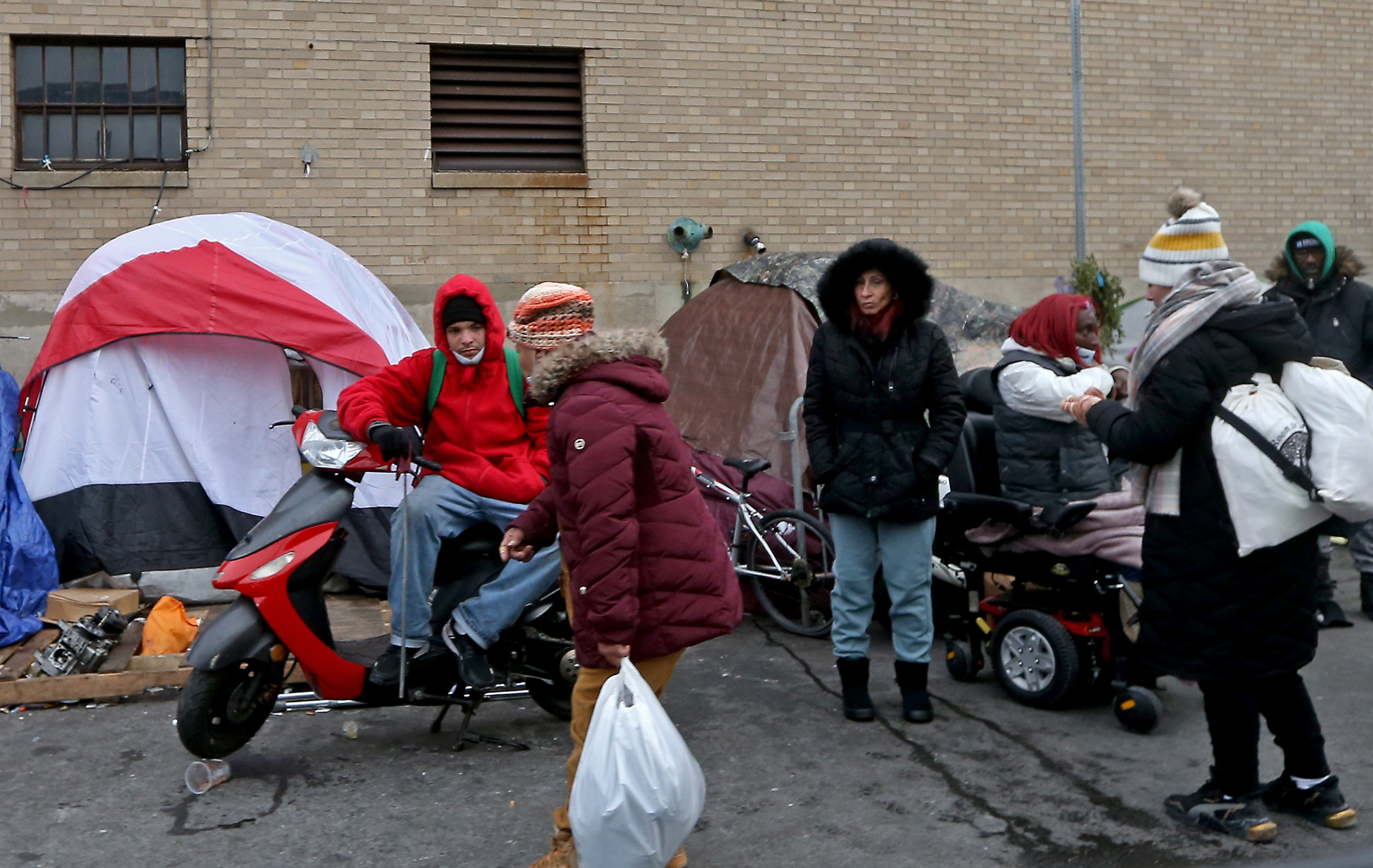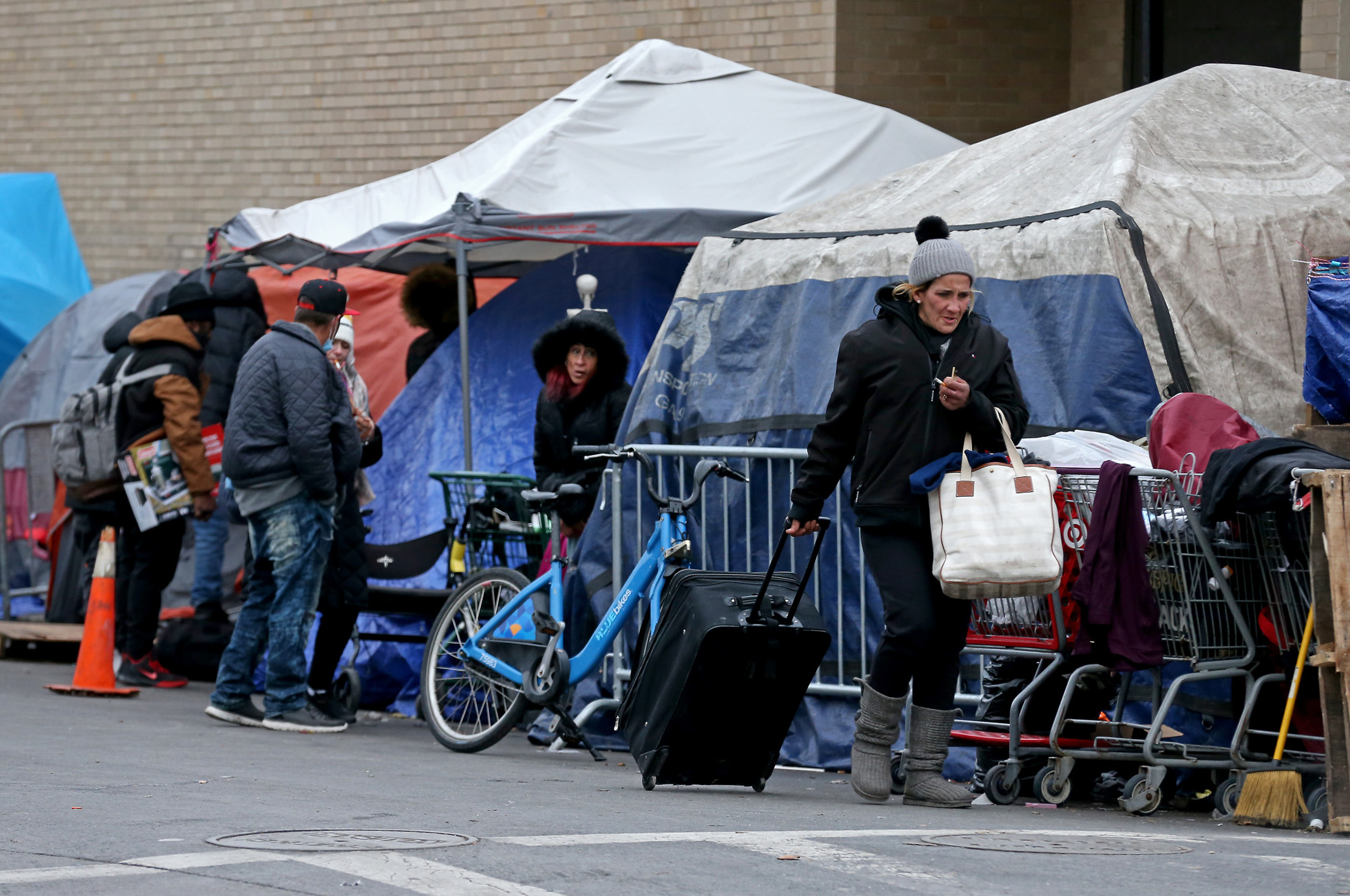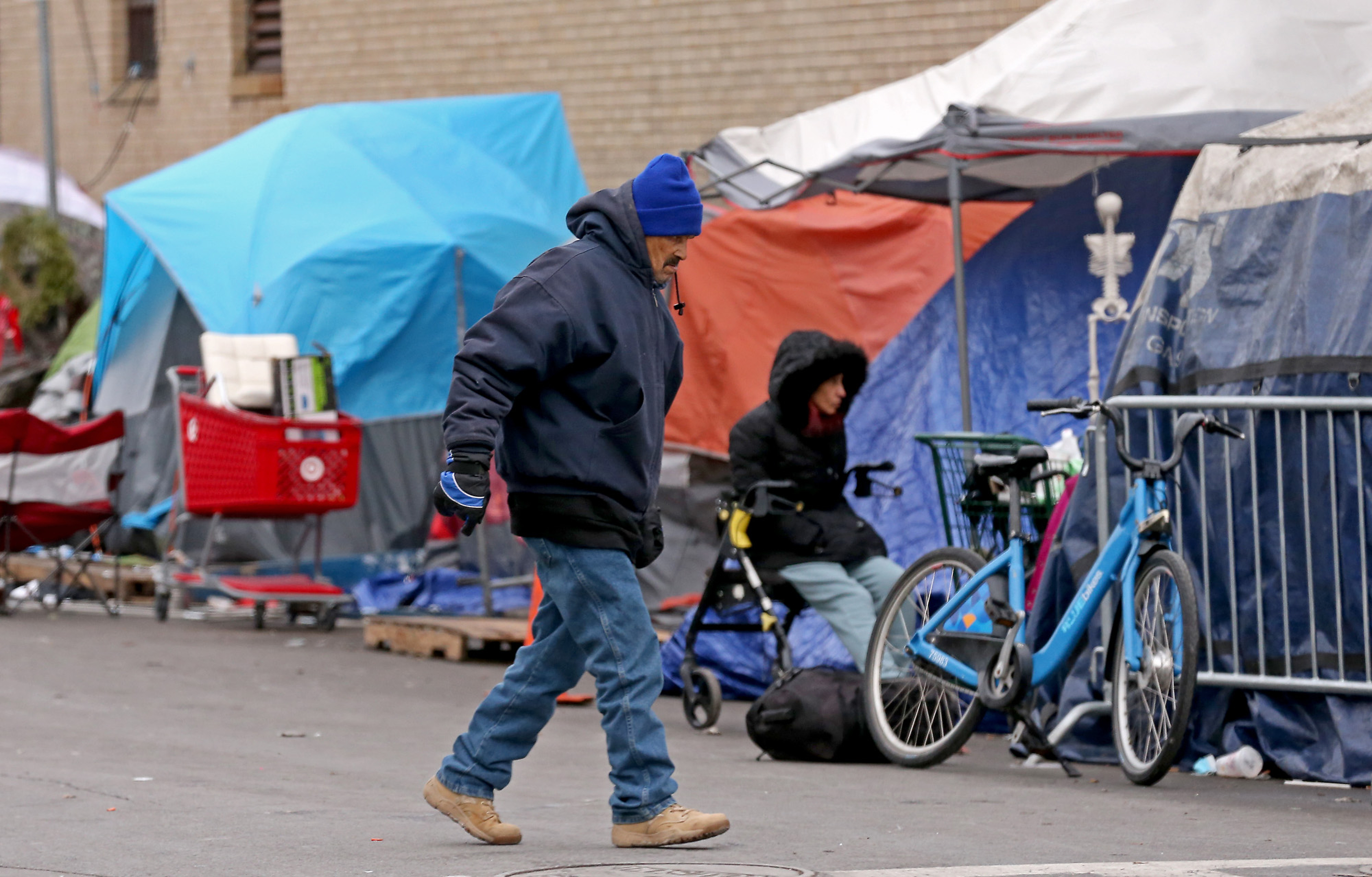This holiday season, a local pediatrician is being peppered with questions from parents on protecting their vaccinated children from COVID: Is it safe to get together with loved ones? How can we reduce our risk?
“Every decision you make as a parent is really weighing those risks and benefits. So, indoor activities with masks off are going to be are your highest risk,” said Dr. Christina M. Brown, a pediatrician with Kaiser Permanente in white Marsh, Maryland.
Brown said going to outdoor concerts or parades is a little higher risk if you and your children are closer to others.
“But still, an outdoor concert is going to be lower risk than an indoor concert,” she said.
Higher-risk activities include going to indoor restaurants or participating in contact sports. More extended periods with people outside of the home can also increase risk.

“So, for example, sleepovers are going to be one of your highest risk activities for kids. If you have masks off and prolonged time together, as well as multiple meals together — those are going to be higher risk,” she said.
Some activities considered to be medium risk include cookie decorating, making gingerbread houses or other craft activities, or shopping indoors while wearing a mask.
Brown’s ideas on how families can get together and celebrate safely include visiting outdoor light displays, going to an outdoor Christmas tree farm, spending time outside around a campfire, or taking a walk.
The Centers for Disease Control and Prevention wants everyone eligible to be vaccinated for COVID-19 (five years old and up) and against the traditional flu (six months old and up).
The CDC has not approved children younger than 16 for COVID-19 booster shots after their initial vaccination. Those ages 5 to 15 can receive a two-dose series with a three-week break between shots. They are considered fully immunized two weeks after their second dose.
- More Coronavirus News
- More Health News
- More D.C. News
While the vaccine is highly effective at preventing COVID-19 and reducing the risk of severe illness and death, there are still breakthrough cases when sick or asymptomatic people might pass on the virus to others unknowingly.
“So we still want to make sure that you’re weighing those risks and benefits in every situation. Wearing your mask when you can, social distancing, hand washing and also testing is extremely important.” Brown said.
Getting tested is vital for anyone with signs or symptoms — even if they’ve been vaccinated.
“You should make sure that you do not have Coronavirus,” Brown said. “At Kaiser Permanente, we have some drive-through testing as well as home test kits that you can do. So everyone should speak with their physician if they have any questions at all about it. That’s what we’re here for.”
Source

































